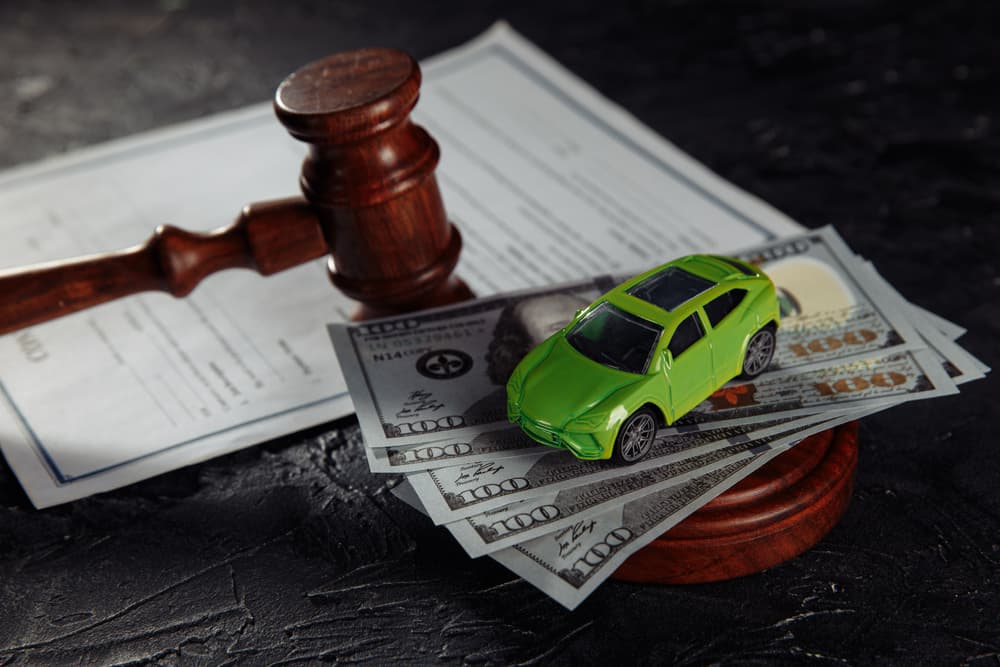Quick Answer
In order to pursue a personal injury settlement there must be another party responsible for the accident who is able to personally, or more commonly through insurance, provide compensation. You must also have suffered damages in the form of a physical injury or emotional trauma.
Who was responsible for the accident?
It’s first important to determine who was at fault for the accident. For a car accident, that will often involve determining which party broke a traffic law. In the event of a fall, it may involve asking was there a defect that caused the incident.
In most states in order to have a case you must not be the one primarily responsible for the accident. There are a few states that will allow you to recover even if you are the majority at fault, but there are also some that will not allow you to recover if you contributed in any way to the crash.
Is there a party to recover compensation from?
In order to make a claim there must be a party to recover money from. In most cases that party will be an insurance company. It is much more likely you will receive compensation from an insurance company than an individual that may be “judgment proof”. If you are in a car accident, you would want to know if the other party was insured. In the case of a fall, you would want to know if the business or house you fell at was insured.
Did you suffer damages?
In order to make a claim for compensation you must have suffered damages. In a personal injury case damages refer to injuries you sustained. Those injuries can range from soreness and stiffness to bruises and broken bones. Damages may also include emotional trauma.
In a personal injury case compensation is determined based on the severity of those damages and how they have impacted your life. Impacts can include missing time from work, not being able to participate in activities you enjoy, or needing to bring in help for work you could do on your own before the accident. Your settlement is calculated by adding up all your medical bills, lost wages, and compensation for your pain and suffering.
In order to receive compensation you must be able to prove your damages. Medical bills and records are the best way to document injuries. You can use pay stubs and work records to document any wage loss.
If you believe you weren’t responsible for the accident, you sustained damages that can be verified, and have reason to believe there is a party who can provide compensation – you likely have a personal injury case.
Read More: How File A Personal Injury Claim Without A Lawyer
If you are looking for legal support and representation after an accident, head to Mighty's Attorney Directory to find a trusted attorney today.
Know Your Claim’s Worth—and Settle It
Serious injury or no injury at all, move your case forward instantly from your phone.
Thank you for submitting your information.

About the author
Maly is a seasoned professional with over 15 years of experience in the insurance sector, specializing in multi-line claims and customer service for personal injury cases. As the leader of Mighty’s Client Experience team, she leverages her extensive background to ensure clients involved in auto accidents receive the highest level of care and support. Maly’s expertise plays a crucial role in delivering exceptional service and fostering long-lasting client relationships.






